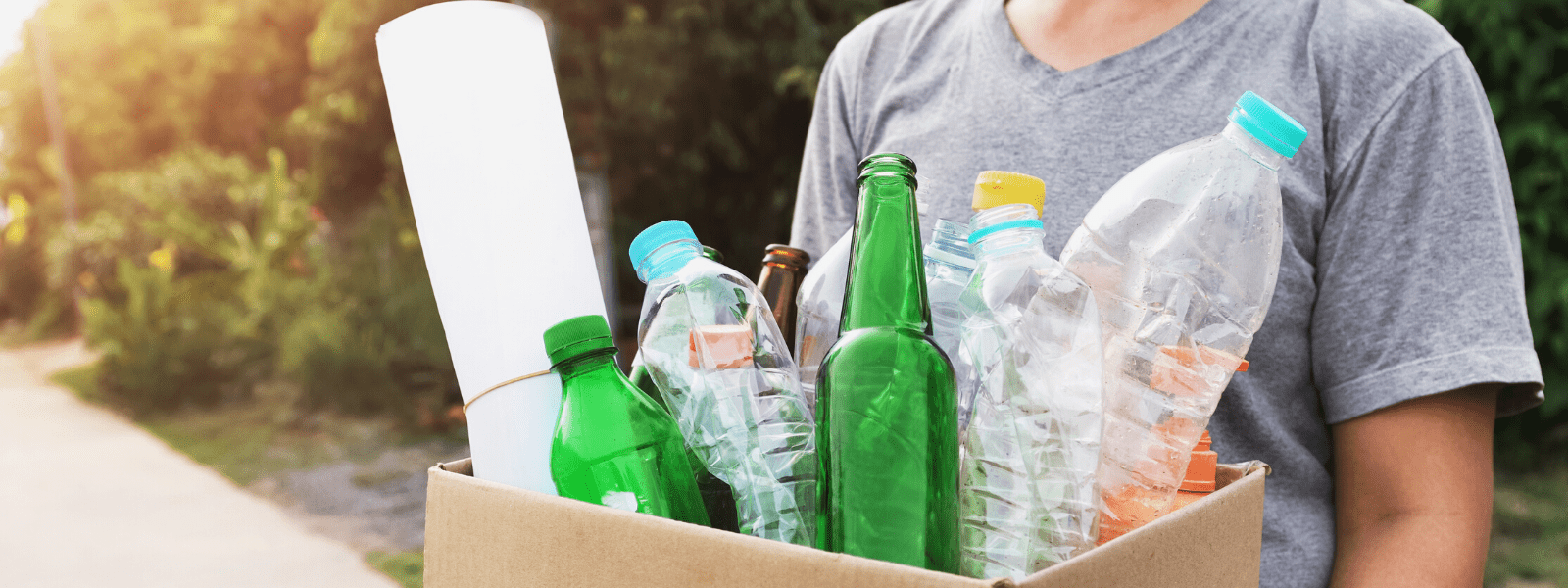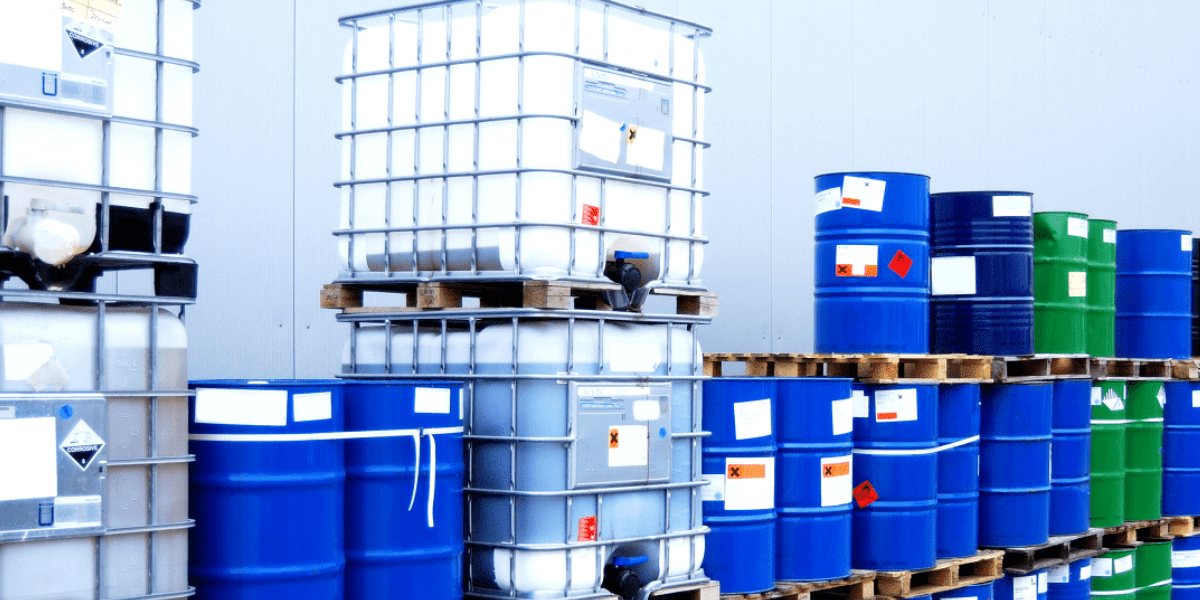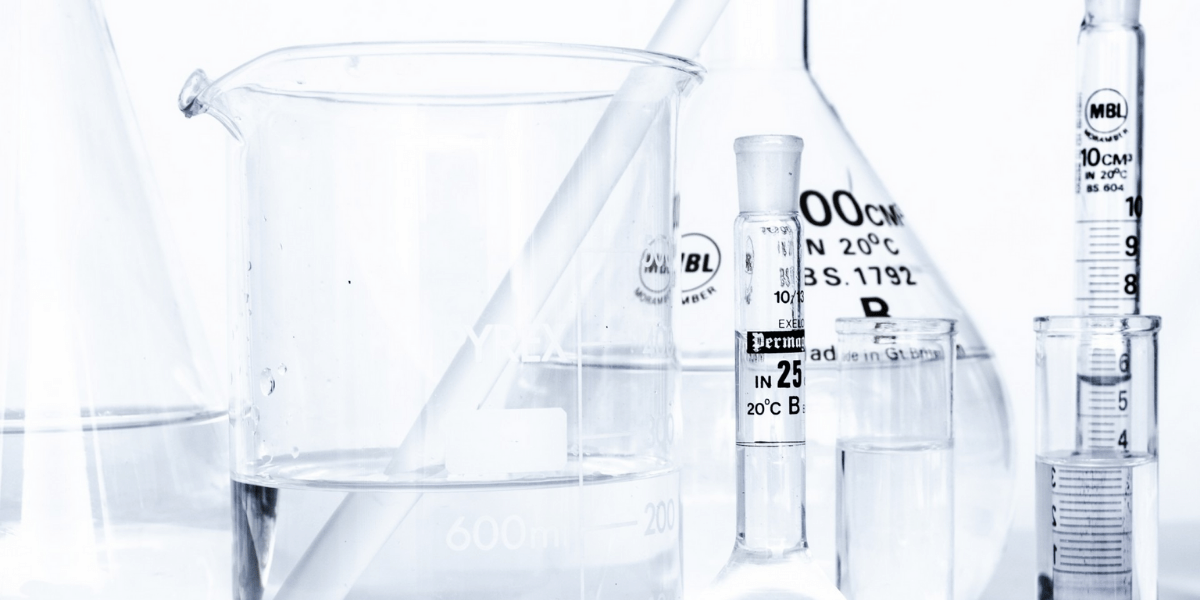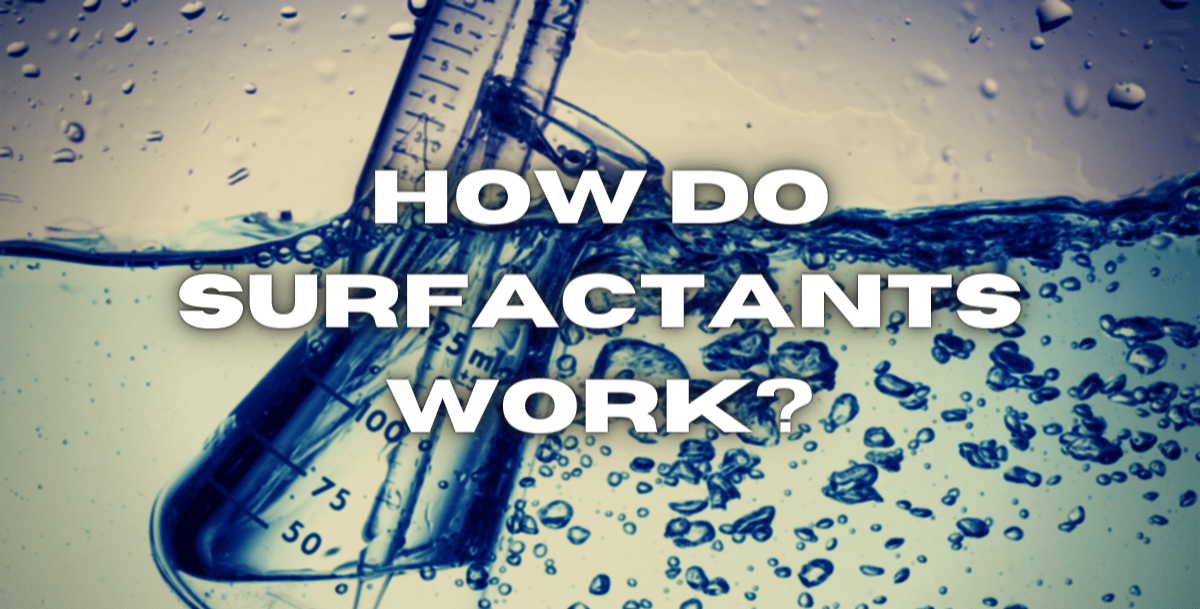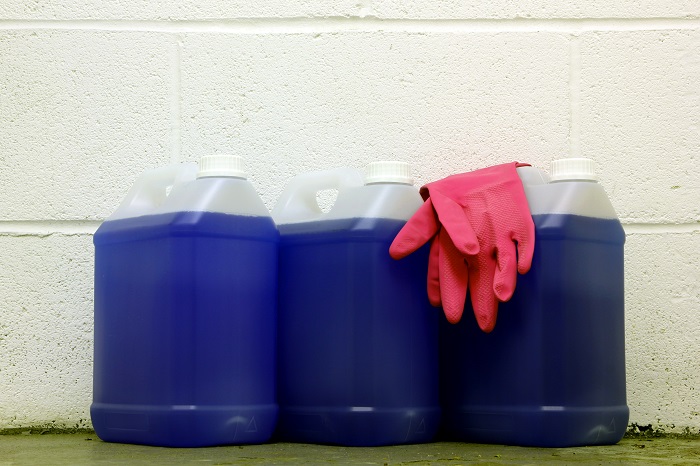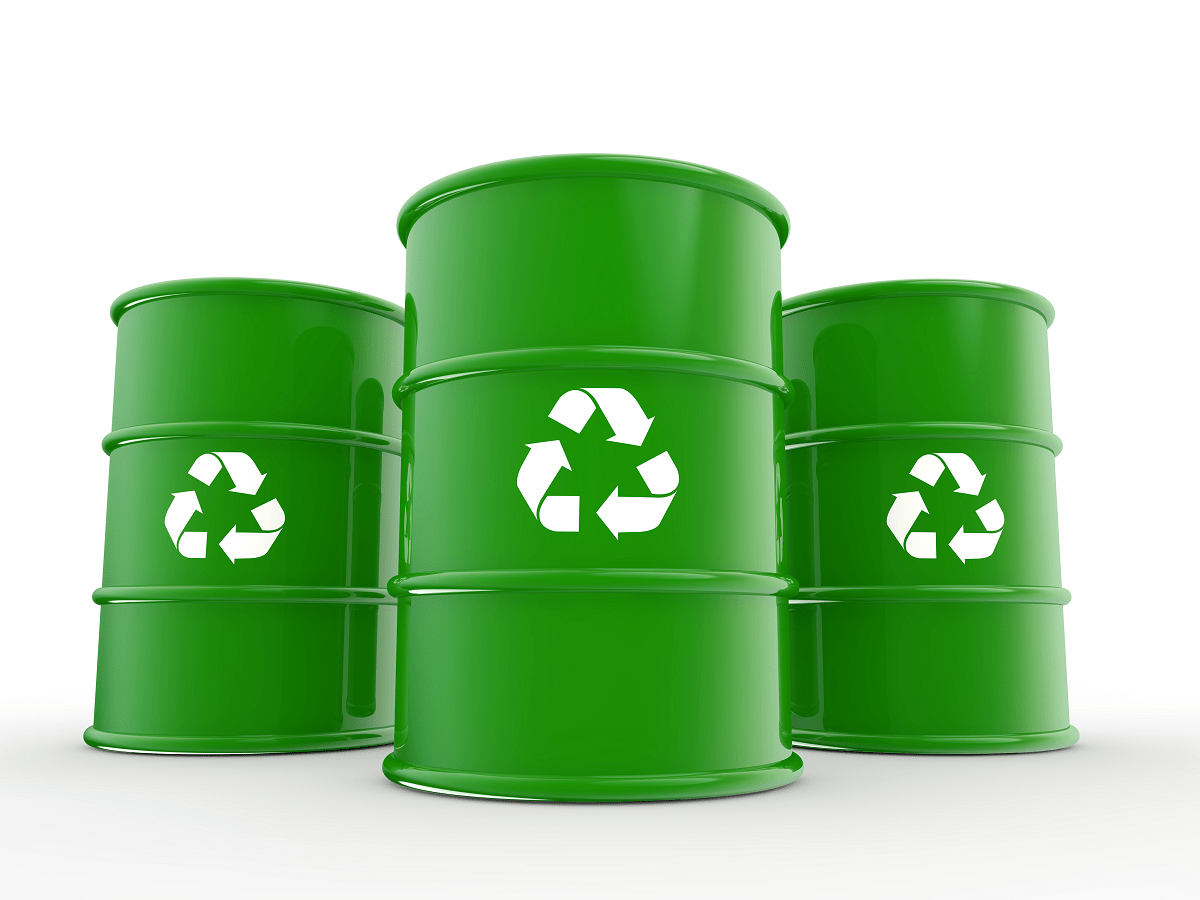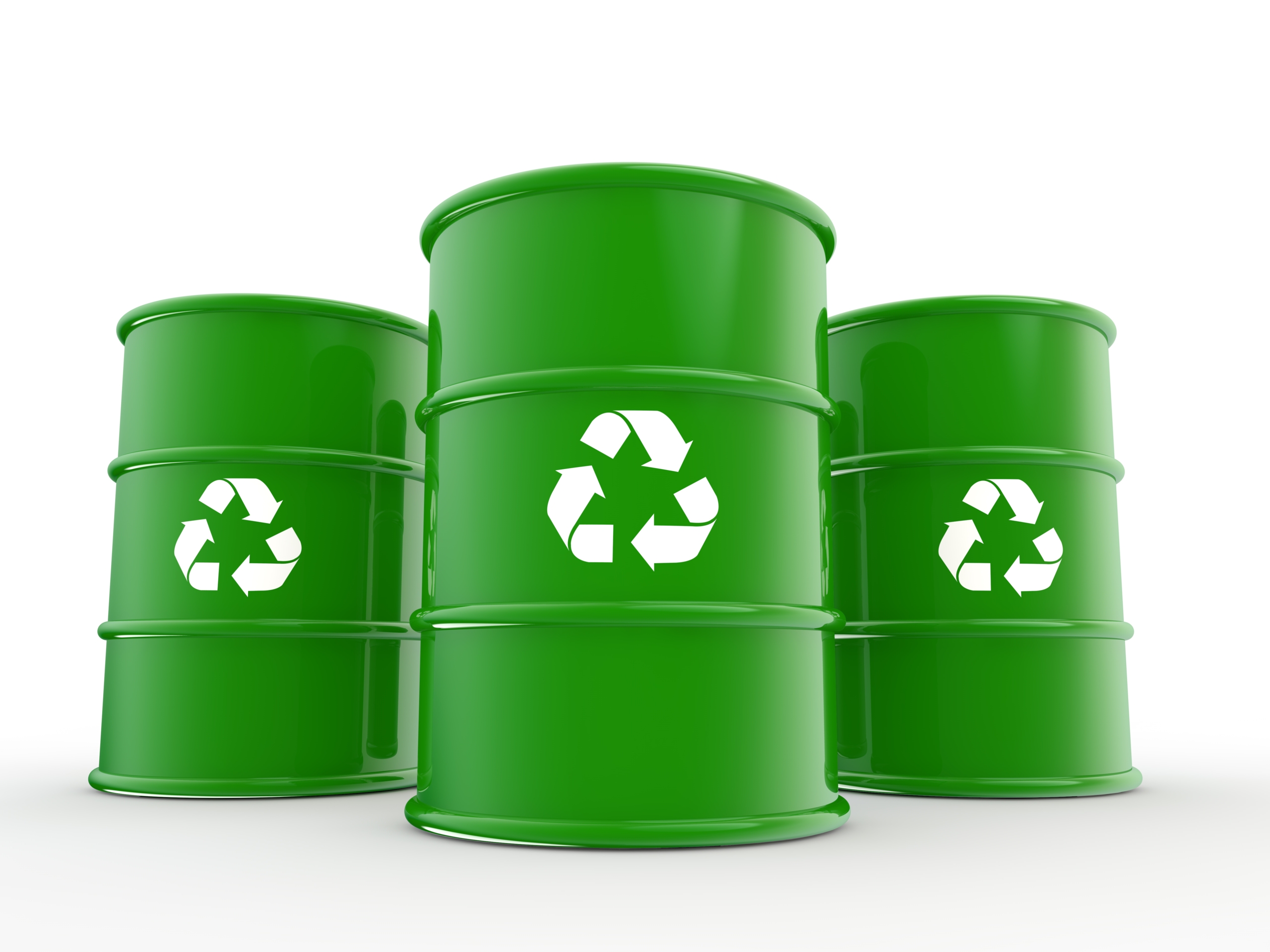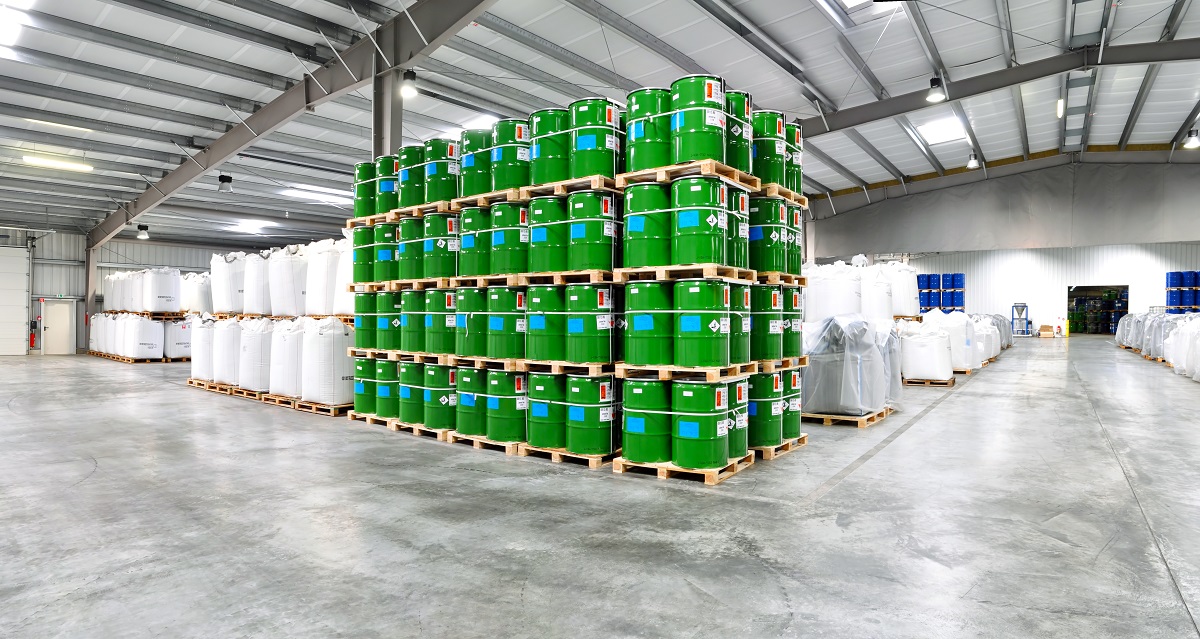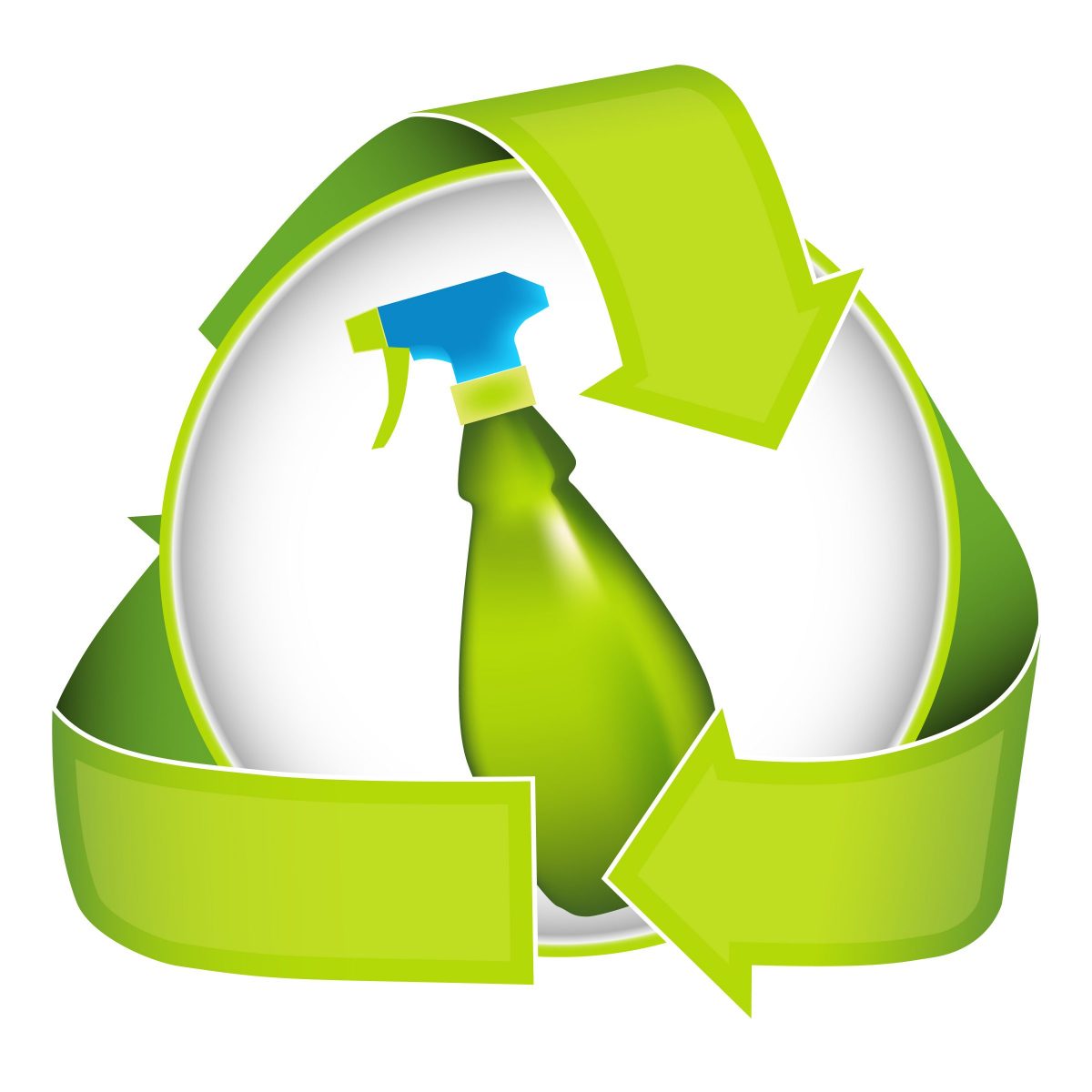What is Recycling? Recycling is converting or repurposing waste into a new, usable product, allowing its lifespan to provide a variety of...
Blog


CHEMICAL INDUSTRY NEWS
Chemical Chat – Discover What’s New!
The Importance of Reliable Hexane Suppliers
Hexane is an important solvent used in a variety of different applications, and finding reliable hexane suppliers to work with, is vitally...
What Is The Difference Between Hexane and N-Hexane?
Are you in need of a hexane solvent and wondering what the difference between hexane and N-hexane is? The answer is that hexane and n-hexane are...
How Do Surfactants Work?
Are you wondering how do surfactants work, and what the best type of surfactant is for your intended purposes? You...
The Importance of Reliable Hexane Suppliers
Hexane is an important solvent used in a variety of different applications, and finding reliable hexane suppliers to...
Company News
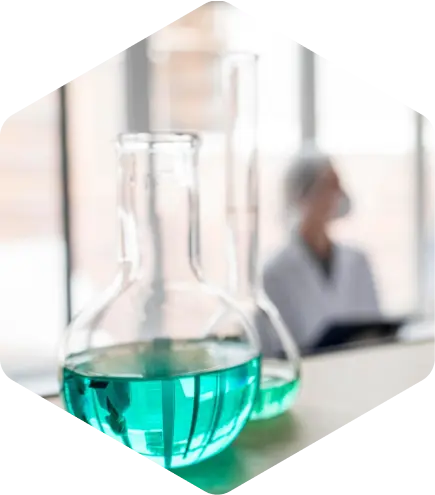
Managed Services
Discover the Latest in Safe and Sustainable Chemical Solutions
Stay informed with Ecolink’s blog! Subscribe now
Chemical Management Information
Stay updated with us
Sign Up for the Latest Updates
Stay informed about chemical supply chain disruptions and emerging innovations to keep your business at the forefront of efficiency and innovation. Uncover new ways to make your business practices more sustainable by incorporating safer products into your cleaning lineup.



